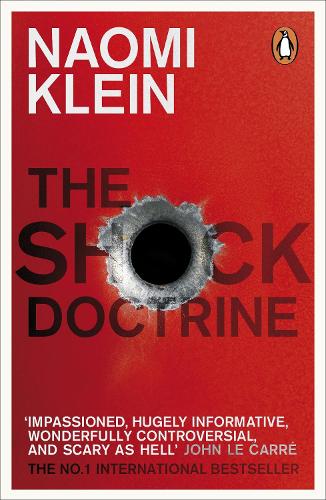Naomi Klein's 'The Shock Doctrine' critiques capitalism's exploitation of disasters but fails to acknowledge its potential benefits. The book highlights how corporate America capitalized on events like Hurricane Katrina and the Iraq war, but the argument is weakened by its absolutist perspective.
Naomi Klein's 'The Shock Doctrine' presents a compelling critique of capitalism, particularly its ability to exploit disasters for profit. The book effectively illustrates how corporate interests capitalized on events such as Hurricane Katrina, 9/11, and the Iraq war, using these crises to push for privatization and free-market policies. However, the argument is undermined by Klein's absolutist viewpoint, which fails to recognize any potential benefits of capitalism or markets. Her portrayal of globalisation as purely negative and democracy as a utopian alternative lacks nuance. Despite these shortcomings, the book offers valuable insights into the ideological zealotry and greed that drove economic policies in Iraq, revealing how disaster capitalism contributed to the country's instability.
Quick quotes
She has written a tough attack on capitalism's capacity to insist that public policy be run wholly in its own interests and its conspiratorial capacity to capitalise on all forms of disaster and social distress to get its way.
Nothing good can ever come from globalisation, which is just more capitalism.
Her account of the ideological zealotry, stupidity and greed that informed how Iraqi reconstruction was handled is among the most original and revealing in the book.
